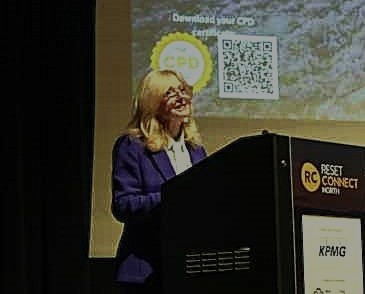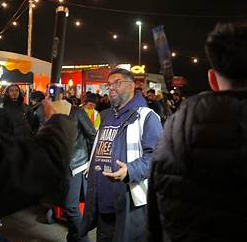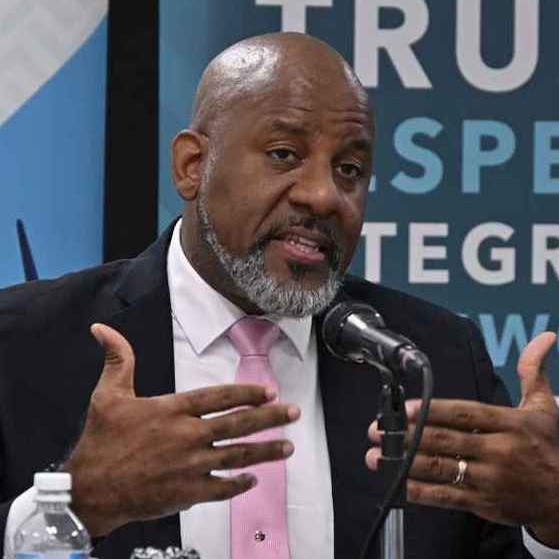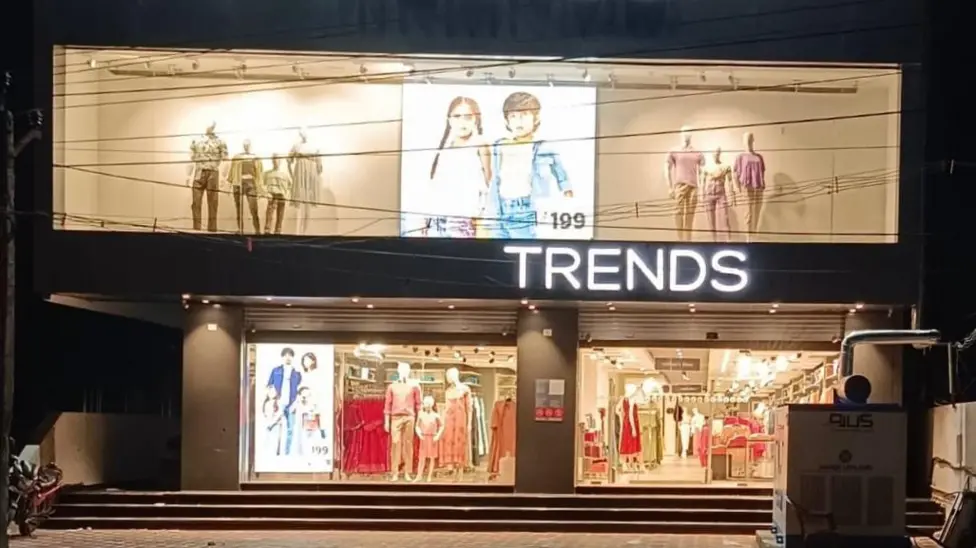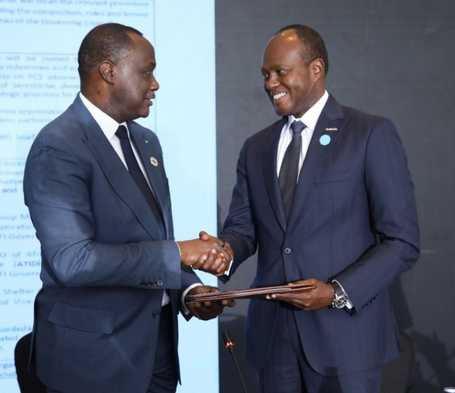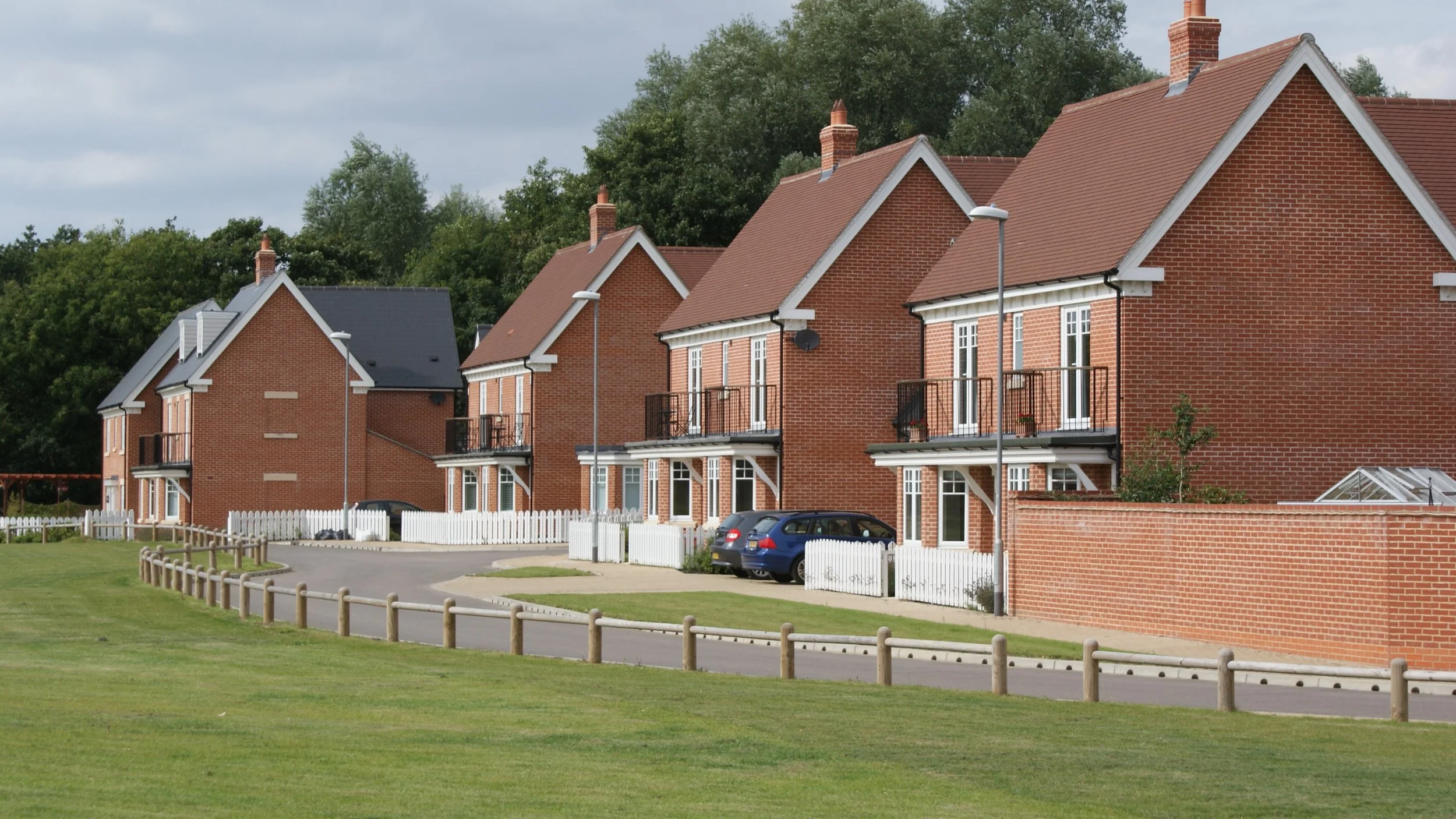In many areas across the UK, that have a high population of Asians, unemployment, poor education and poverty are major issues. However, fears have now been raised of how biradari voting, or clan voting, is starting to get in the way.
By definition, the word ‘biradari’ is a Persian term, which means a brotherhood or an allegiance to a particular clan.
When Migrants first arrived to work in the UK, they had no intention of staying. They were here to make money to improve living conditions back home. They quickly realised the benefits of living here and decided to settle. They then soon realised that they needed planning permission for mosques and other buildings, so they sought out, from amongst them, the most educated who could help them to do this. These people were then referred to as community leaders in what is now seen as the birardari network. In its origin, they were a democratic system where Asians were heard. Now it is a fight for power, ego and political gain.
It is important to note that women at that time played little or no role in any of the decision-making; many of them were new to the UK and were expected to care for the extended family and the children.
In addition, it was seen to be a man's job to make the decisions and a woman's voice was neither appreciated nor welcome.
Politicians soon recognised the influence of the community leaders; they realised that these appointed men could effectively grant them a block vote of the same kind to that of trade unions. The block vote is secured by the heads of clans telling their families who to vote for.
One of the biggest controversies of the current election campaign came in Bradford. It has to be seen as one of the shortest careers in politics. 72 hours after being chosen as the candidate for the Bradford West constituency, Aminah Ali stepped down. Speculation as to why she left swirled around as rumours started to gather after councillors started to speculate.
Councillor Ishtiaq Ahmed, “I don’t think she was expecting the vote she got, but that’s because the local dynamics was candidates that, perhaps, were not the preferred choice of the Labour Party. So therefore it was almost a protest vote to say ‘well, if we can’t have our choice, then we will vote for somebody that, perhaps, is not from the area. At that point, I think they backed her, they block voted her in.”
Dr Parveen Akhtar, a researcher at University of Bradford, said, “The use of patronage politics, or the use of gate-keepers, to mobilise a block vote has been used by all of the main political parties. It has been an effective mobilisation because it always delivers election after election. “
However, young people were keen to stress that biradari politics would soon fizzle out as the young replace the old and move away from clan-based loyalties.
As one young man wrote on Facebook, "2 fingers up at the 'Mirpuri village politics' imported to the UK... where voting is about who you know, financial and personal gain for the candidate...”
Whilst, another said, “There is no place for it here anymore. I want to elect someone who will make society a better place for me and my kids and not someone who asks for my vote simply because he is related to me or of the same colour."
Another added, “Political tactics, that’s what they do. They bring over their tactics from Pakistan and that is all it is. I think biradari politics elects people who are not fit to represent us.”
This is a time for reflection. A time for voters to think about who they want to represent them in Parliament. Rise up against an one-age system of deference which has dominated so many lives, for so long. A system which has mutated into a vast network of patronage and corruption. The 2015 general election brings the opportunity of participation in a democratic process as independent citizens. We live in a country where each citizen has their own voice and make their own decisions, free from the interference of others. On May 7th, use that voice to make your country better.



